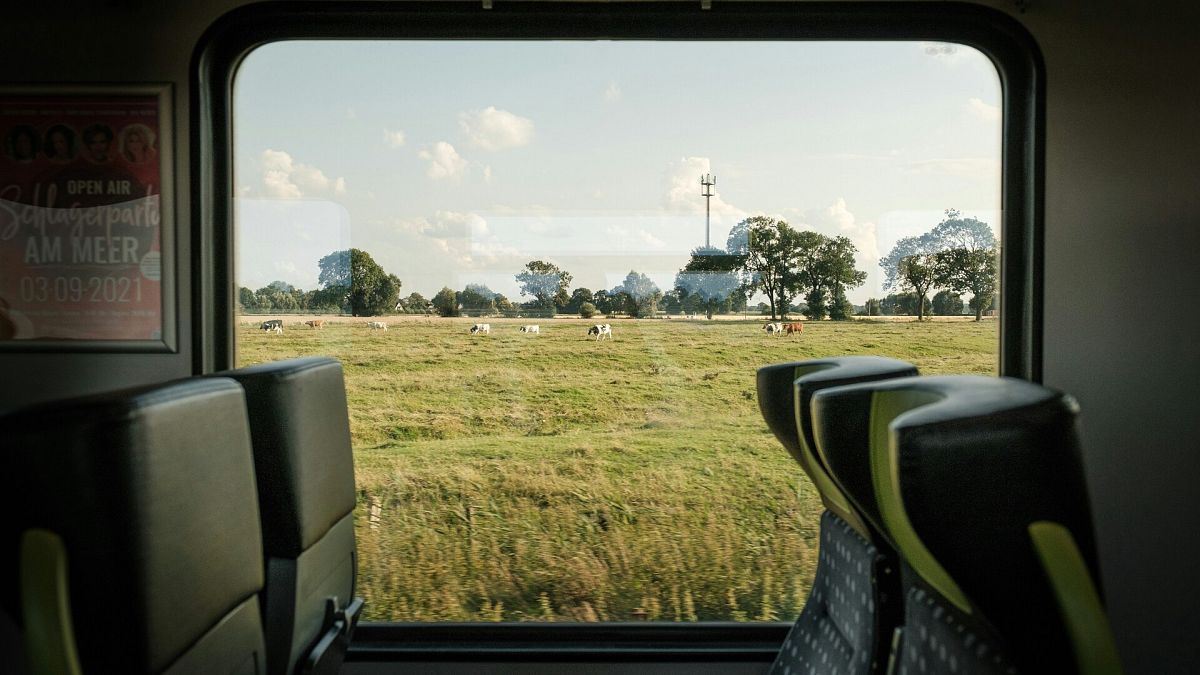

In a world that is ever-evolving, notable developments in European travel and climate challenges offer fresh perspectives on sustainability and connectivity. As we step into this era of transition, a serene reflection on these advancements and challenges can guide us forward.
One of the exciting developments is the introduction of a new train route set to link Prague, Berlin, and Copenhagen by 2026. This Czech Comfortjet train promises not just efficient travel but also a delightful journey experience, featuring a dining car and a cinema for children. Furthermore, plans are underway for introducing a night service to enhance travel options. This initiative represents a resounding boost for European travel, symbolizing a commitment to enhancing connectivity while embracing eco-friendly transportation solutions.
Across Europe, environmental consciousness continues to thrive as solar power emerges as the cornerstone of the European Union’s electricity sector. Recent reports reveal that in May and June, solar energy surpassed coal usage, marking a significant transition towards renewable energy. The Netherlands and Greece have been pivotal in setting new solar records, while wind power continues to grow. Such strides signify Europe’s burgeoning status as a solar powerhouse, showcasing the continent’s dedication to clean and sustainable energy.
However, as Europe makes strides towards sustainable practices, other regions grapple with severe climate impacts. In Pakistan, accelerated glacial melt, combined with intense monsoon rains, has led to widespread flooding and landslides. This natural catastrophe illustrates the immediate consequences of global warming, putting lives at risk and causing substantial damage across the country. Over seventy lives have been lost, with many more injured, highlighting the urgent need for climate action and enhanced disaster preparedness.
The climate crisis also has far-reaching implications for regions that might not be accustomed to water scarcity. In Scotland, households are being urged to reassess their water usage due to threats posed by climate change. Despite Scotland’s reputation for abundant water resources, climate impacts are reshaping availability, prompting a call to treat water as a precious commodity. This situation serves as a gentle reminder of the interconnectedness of our ecosystems and the necessity for mindful resource management.
In the United States, the continuity of understanding climate impacts is paramount. Concerns have been raised following the deletion of the online portal that hosted the U.S. National Climate Assessment—a comprehensive report documenting climate changes and their effects. Compiled by a multitude of scientists and agencies, this report offers critical insights into global warming’s impact on diverse facets of life. Ensuring public accessibility to this assessment is crucial for informed decision-making and sustained environmental awareness.
Through these diverse yet interconnected narratives, the underlying message is clear: innovation and adaptation are essential as we navigate the evolving landscape shaped by climate realities and infrastructural advancements. Each of these stories contributes a piece to the larger puzzle of our world’s future, underscoring the importance of sustainable development, resilience, and global cooperation.
Source: {link}
